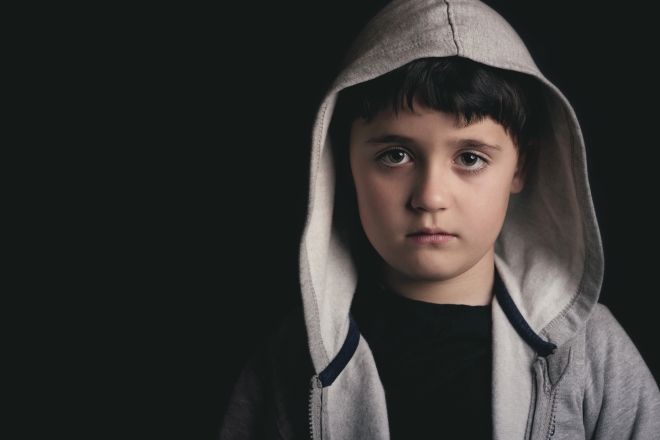After ending a marriage, a great deal of time gets spent talking about how the divorce will affect the children. For example, what will the child experience? How can the parents help the child manage that conflict? No accurate description can be given for the experience of every child, but some common scenarios give a flavor of what the child might be experiencing and how you can better manage the issues they may be having.
Acceptance
Because a child’s self-concept is fragile, especially at a young age, they will try to gain approval to help their sense of belonging to a family. Children have a tendency of personalizing things and blaming themselves.
Freedom from Guilt or Blame for the Divorce
Children will often blame themselves. They might think, “If I hadn’t needed shoes or made so much noise, they’d still be together.” Misbehavior could make them feel like the divorce is a punishment, and parents should be conscious of this and assure their children that they are blameless of the adult actions.
Give Them Structure
When a family leader is no longer in the home, children will check and test for structure. They will need more structure now more than any other time in their lives because everything seems to be falling apart. Enforce discipline on a consistent basis and encourage good behavior. Assuring them of individual strength will help them to relax.
Do Not Burden Them with a Situation They Cannot Control
Never place the burden of responsibility on them. This promotes feelings of helplessness and insecurity, which will cause them to question their strengths and abilities. Children are not equipped to understand adult problems. Their priority focus should be on navigating the different childhood development stages.
In addition, they should not be given the job of healing the pain of the parent. Too often, the children serve as armor for the parents during crisis, but they do not need to know too much about what is going on. During the divorce process, adults are experiencing a roller coaster of emotions, but they forget their children are exceptionally sensitive to it. Unfortunately, at a time when children need support and comfort, many parents are the least equipped to provide them with it. Be aware of their situation and how to help them feel safe.
Put on a Brave Face
Children who see their parents coping well with the divorce will alleviate the child’s sense of burden. In addition, children’s groups have shown a positive effect for helping children to cope. Find a good support group. Give your kids room to be themselves.
Understanding the Unique Qualities of Each Parent
Each divorcing parent bring special qualities to the parent-child relationship. The child’s life will be enriched by these differing styles and values. The biggest challenge divorced parents will face is developing a new relationship that focuses on shared parenting. To avoid confusion, should maintain their parenting style prior to the divorce to provide the child stability.
Custody Arrangements
Once a divorce has been finalized, parents will have to decide on the living arrangements. The most common custody arrangement is joint physical custody where both parents share the parenting decisions. The child will not spend more than 60 percent or less than 40 percent with either parent. To understand custody arrangements, Lain T. Donnell says it would be best to contact a Newmarket family lawyer or your local family attorney.
Emotions run high during times of crisis, and it can be hard since parents have a difficult time themselves. Divorce can become a time of destabilization, but research shows that after that initial period of distress, most adults and children adjust to the new family structure and dynamics. Understanding the common struggles associated with divorce can help parents to strengthen their support system and maintain a quality relationship with their child.
Divorce is one of the hardest situations for a family to experience. Here are some common ideas children may have about divorce – even kids who are no longer living at home.






